
It’s late May in Liverpool. The first reports emerge of a deal being agreed for the club to appoint their new manager, a highly-rated Spaniard who has lifted silverware with his current club just a week earlier. For supporters, it’s an exciting time, with the Reds manager position long-known to be available; the outgoing manager has even had a press conference and photoshoot on the Anfield pitch, so amicable is his departure.
The year, though, is 2004 and the man leaving the Anfield dugout is Gerard Houllier, with Rafael Benitez arriving from Valencia, where he’d won the UEFA Cup and Spanish league title that month.
Benitez was confirmed as Liverpool’s 17th permanent manager on June 14th, with the groundwork for his arrival, which was a huge coup given the Spaniard’s incredible success in overcoming Barcelona and Real Madrid with Valencia, having been done by chief executive Rick Parry weeks earlier.
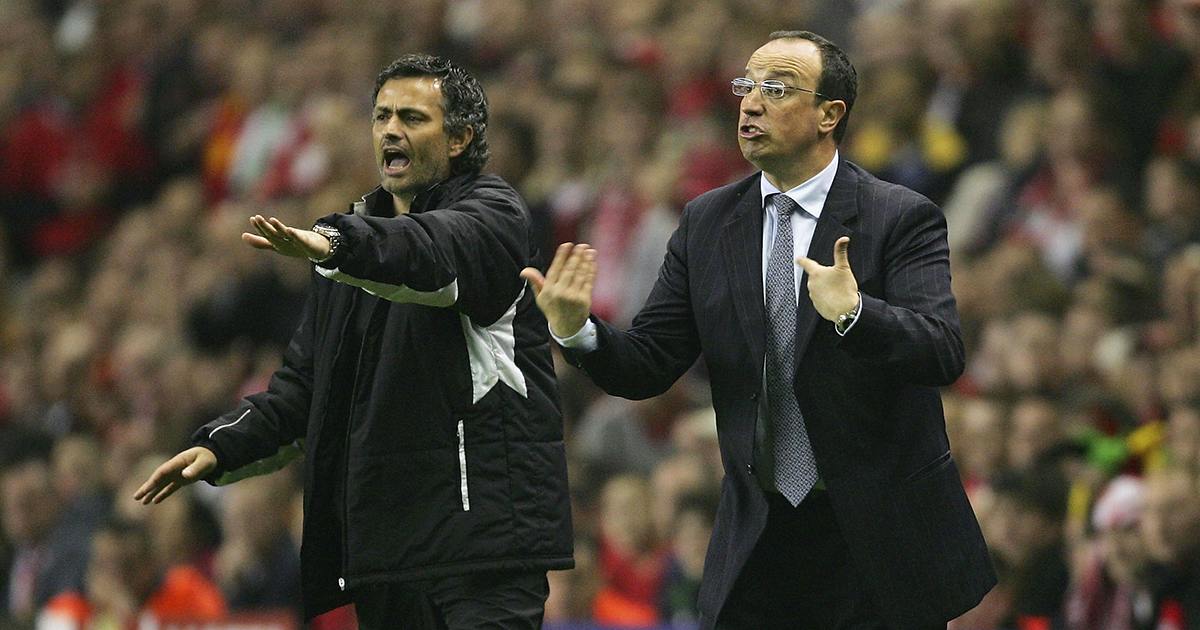
The similarities to summer 2004 and summer 2024 are clear.
Liverpool need to repeat the events of 20 years ago this summer when Jurgen Klopp departs the club - quite possibly bringing in another Spaniard, Xabi Alonso, whose stock has risen and potentially usurped the status quo by lifting the league title against the odds.
Such early confirmation of the new manager is required to provide stability and give clarity at Liverpool, after nine and a half years of security under Jurgen Klopp’s leadership. It’s also required to give the incoming manager the best chance of success themselves.
An early appointment can help remove any doubts about life after Klopp.
Liverpool need pre-Euros certainty
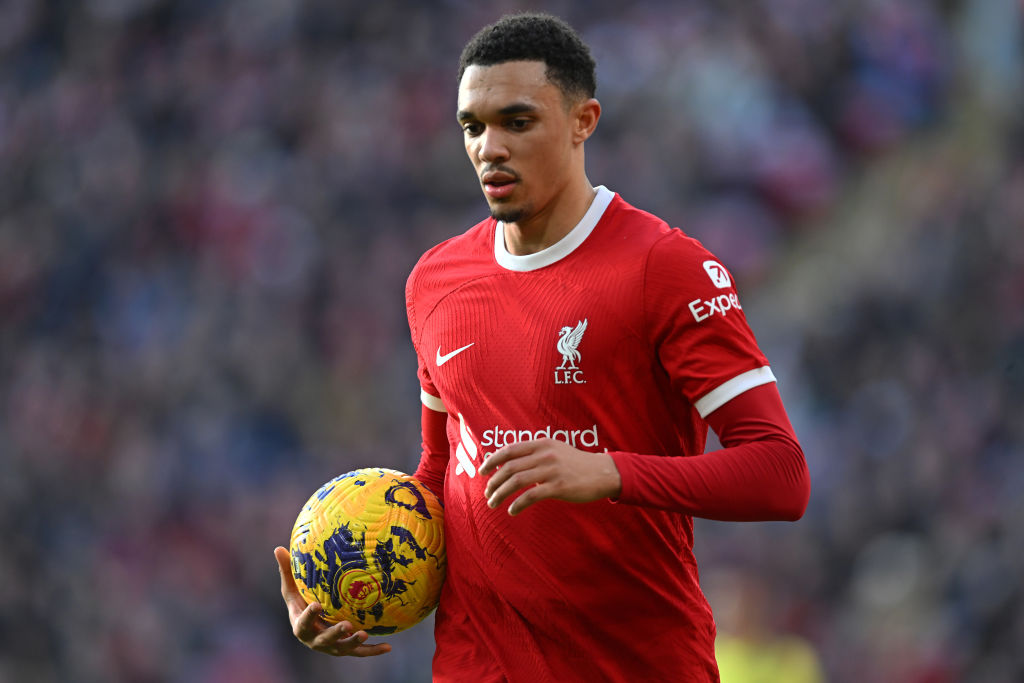
What Liverpool need is to have their new manager announced before the Euros begin on June 14th, removing any lingering questions or doubts that may circulate otherwise.
For example, Virgil van Dijk and Trent Alexander-Arnold will be at the Euros, with just one year remaining on their current contracts. Uncertainty over the managerial position during a major tournament would not be ideal.
The same, too, is true for Mo Salah who also enters the final year of his deal, although of course won’t be at the Euros. Having the new manager in place could help even persuade him to extend his contract, rather than potentially being lured by the riches of Saudi Arabia should such approaches arrive again.
Early appointment
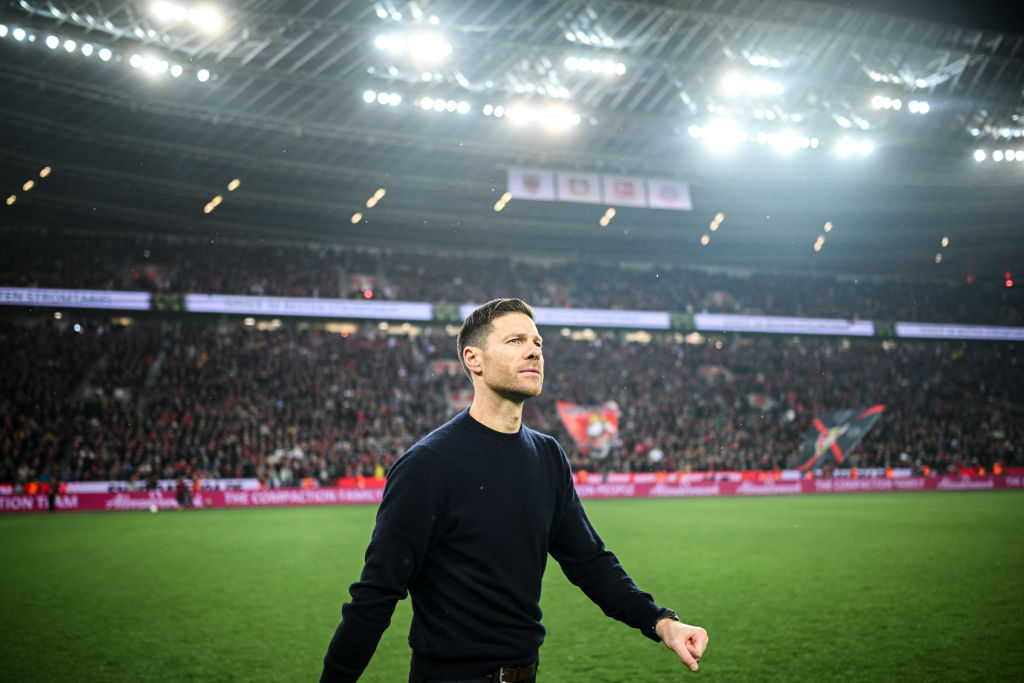
Players returning late to pre-season due to Euros involvement will already provide one obstacle for the new boss to overcome. An early appointment thus gives the new manager time to plan accordingly.
Liverpool’s plans for pre-season, which will include games in the United States, have been implemented with input from Klopp, but the new manager will want to have some say and tweak accordingly. Pre-seasons have followed a similar pattern during Klopp’s tenure, with a more commercial tour to the US or Asia then being followed by a training-focused camp in Europe. It will be interesting to see if that schedule continues.
One interesting thing to note is that Alonso’s Bayer Leverkusen had a training camp in Saalfelden in Austria last summer, which has been a location for Klopp’s Liverpool regularly in recent years. A larger pre-season, with commercial commitments, could be an adaptation for a new manager though, with such requirements not typical for two of the frontrunners for the job in Alonso and Sporting’s Ruben Amorim.
FSG need to get it right
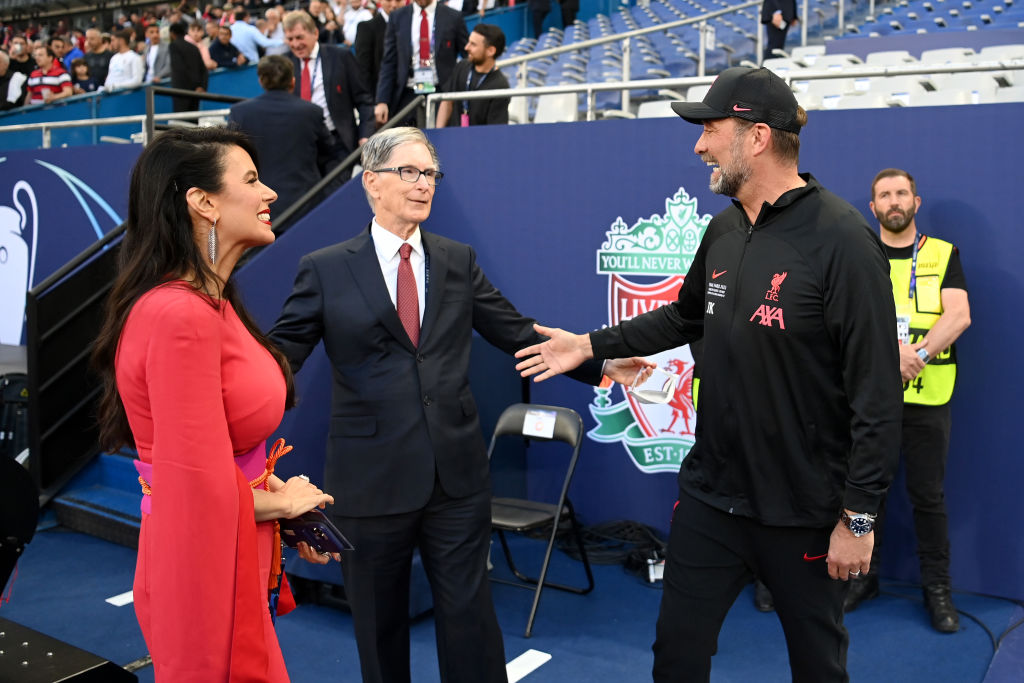
As things stand, Liverpool’s search for a new manager points towards Alonso being the frontrunner for a myriad of reasons.
However, any new manager will need more clarity themselves before taking on the job, and that means Liverpool appointing a new sporting director - with their former one, Jorge Schmadtke, having been a temporary appointment who departed at the end of January. Liverpool’s manager search, and indeed sporting director search, will be headed by FSG president Mike Gordon, club CEO Billy Hogan, and William Spearman, Liverpool’s director of research and a Harvard University PhD Graduate. This trio must move fast, although most likely behind the scenes, to get the key appointments in place.
It needs to be a similar process to the one which landed Liverpool with the game-changing manager that was Klopp in 2015. Klopp’s appointment, following an up-and-down time with Brendan Rodgers, completely transformed the Reds’ fortunes under their American owners. This next appointment must ensure that Liverpool do not drop off in the manner in which many clubs who have enjoyed sustained success under a long-term manager have; see Manchester United post-Alex Ferguson and Arsenal post-Arsene Wenger.
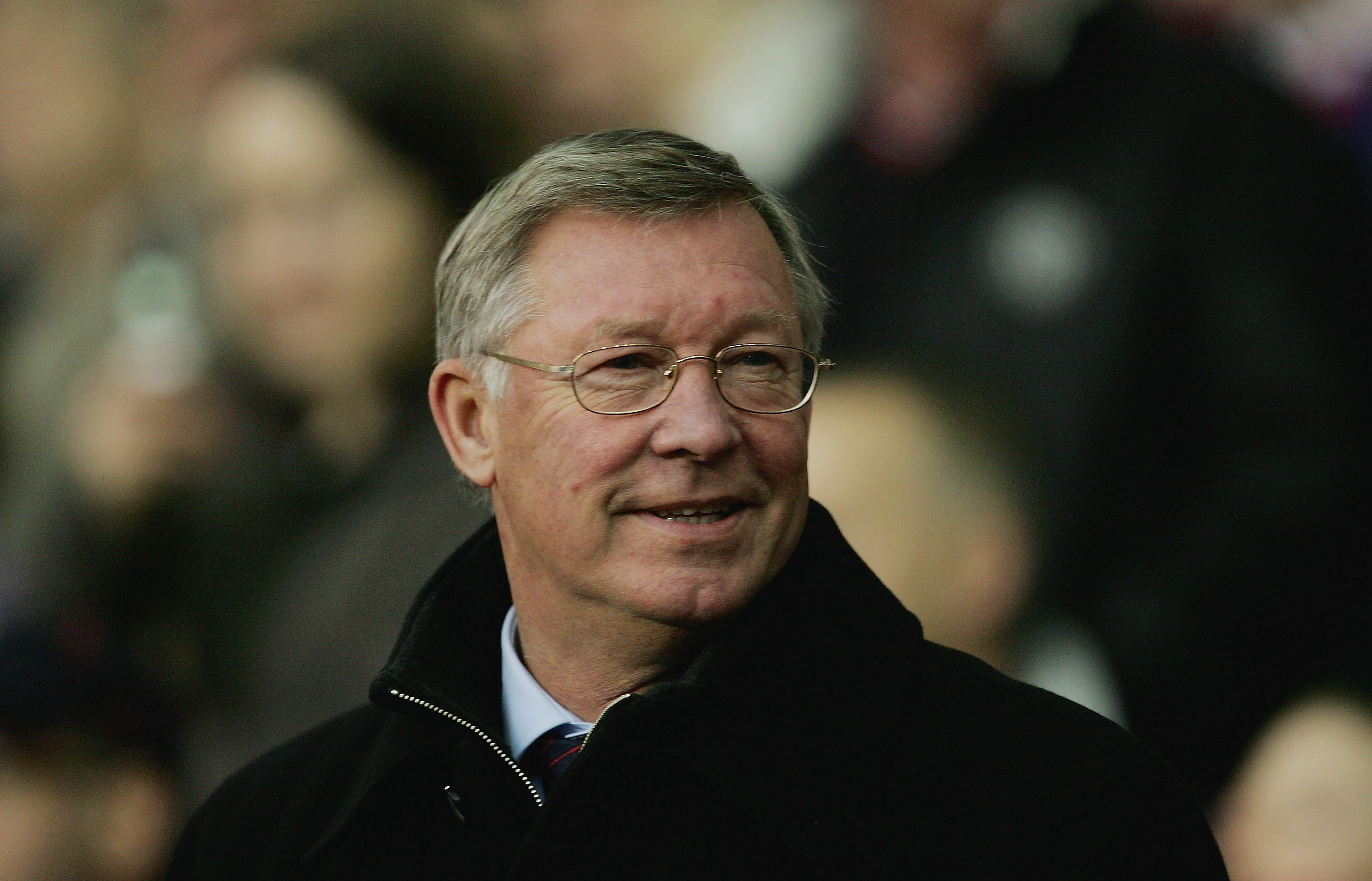
"We will go through that process, as we have done in the past,” said Hogan last month.”The same process that brought us Jurgen almost nine years ago - and that's something we will do in private.”
Hogan says that the club won’t be providing a “running commentary” on the manager search: “At this club, we prefer to operate [so that] when we're ready to talk about things we will, and until that point, we won’t. We won't talk about other people and we won't get into the name game.”
This season marks 20 years since Arsenal’s last title and 11 since Man United’s.
However, Liverpool’s next manager is inheriting a far, far stronger squad than Ferguson or Wenger left at their respective clubs. Ferguson, in particular, left his successor, David Moyes, with an ageing group. Moyes was appointed very quickly by United, hand-picked by Ferguson, but that didn’t help with making any signings, with the Scot’s first and only significant signing being on transfer deadline day (Marouane Fellaini).
This underlines why clarity, a strategy, and having all the appointments sorted early is absolutely vital for Liverpool to ensure the club do not take a backwards step this summer - and avoid a post-Ferguson slump like United have over the past decade.
More Liverpool stories
Sven-Goran Eriksson to take charge of Liverpool side in upcoming March match
Quiz! Can you name every PFA Young Player of the Year in the Premier League era?







